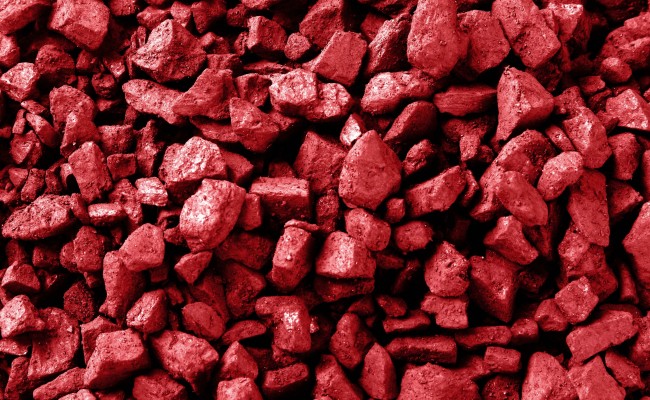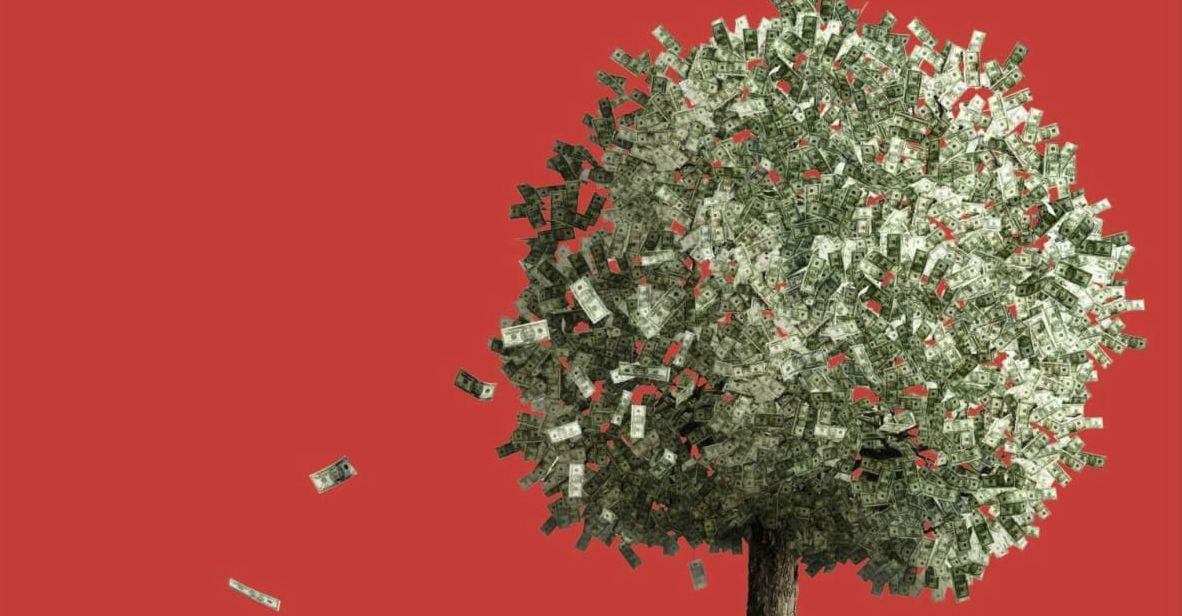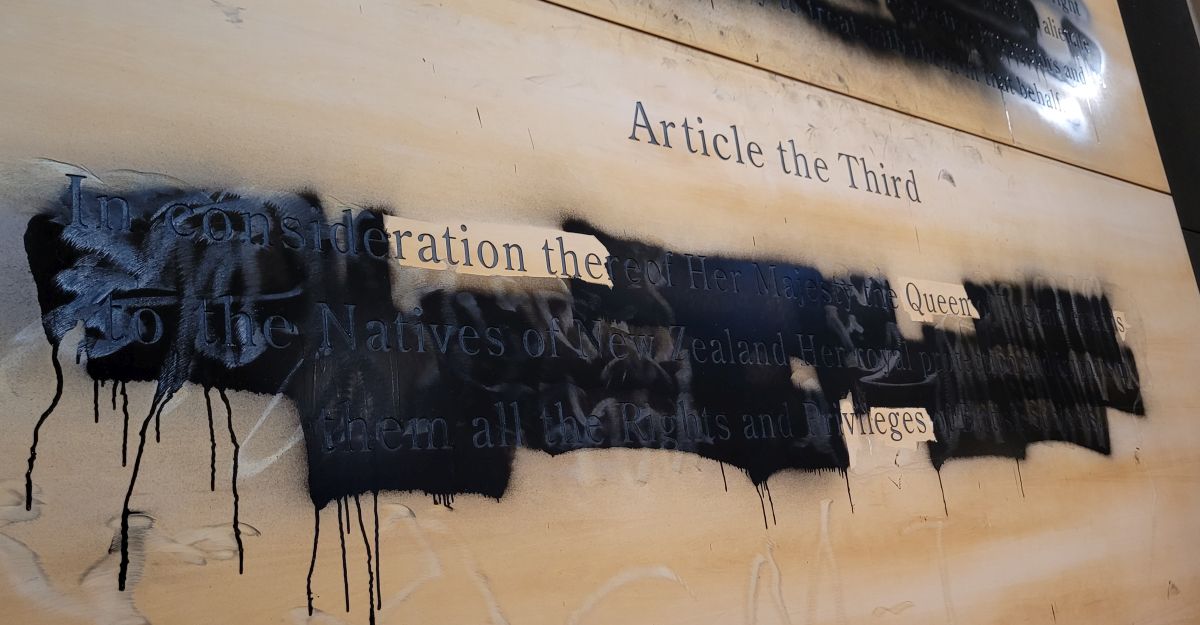On a February afternoon this year, Treasurer Scott Morrison provided the lower house of the Commonwealth parliament with a bizarre piece of theatre, assisted by a piece of coal about the size of a half house-brick. Morrison resembled a business-suited gladiator displaying the spoils of war. Least anyone in the parliament was unsure of what Morrison held aloft like an extracted pound of flesh, he heightened the drama. ‘This is coal – don’t be afraid, don’t be scared,’ he announced. ‘It’s coal. It was dug up by men and women who live and work in the electorates of those who sit opposite.’
Morrison then grinned across the chamber towards the Labor benches, at a political party who also have blood (and coal dust) on their hands. The brick of coal was then passed around the coalition benches, shared between senior government ministers, including the deputy prime minister, Barnaby Joyce, and the energy minister, Josh Frydenberg, who would subsequently claim that Australia’s energy future must include coal as a moral, in addition to economic, imperative due to the impoverished conditions suffered by many millions of people living in India, thus redefining coal as an altruistic saviour of global poverty.
Coal is a dirty fuel that has been losing the public relations war for some time. In response the Minerals Council of Australia (MCA), the peak body representing mining interests in Australia, initiated the 2016 advertising campaign Coal – It’s an amazing thing. The advertisement begins with an image of seams of coal. The mineral appears to contain talismanic qualities. Coal glistens and sparkles. It is alive. It is transformed from a major atmospheric polluter into a black diamond. Its apparent beauty is highlighted in the closing image of a lump of the stuff (perhaps the same lump Morrison used in parliament?) slowly rotating for our wonderment. The images are accompanied by a seductive story, delivered in hushed, erotic tones. Coal ‘can provide endless possibilities,’ we are told. ‘It can provide light and jobs … delivering six billion dollars in wages for Australians … injecting forty billion dollars each year … isn’t it amazing what this little black rock can do?’
Well actually, it is more depressing than amazing. Governments, state and federal, are propping up a domestic energy source and export commodity responsible for approximately thirty per cent of global carbon emissions. They are subsidising an industry wrapped in its own death throes, an industry increasingly abandoned by would-be financiers. Coal is a major cause of the destabilisation of the world’s atmospheric conditions, including the increased temperatures underpinning climate change. In Australia, coal mining causes extensive environmental damage and has been responsible for the most unnatural of disasters, including the destructive and extensive fires of February 2014 that devastated communities and country in Victoria’s Latrobe Valley.
In their support of coal, the Queensland Labor government is attempting to destroy the sovereign authority and country of the Wangan and Jagalingou people by granting mining leases to the Adani corporation, an Indian company which wants to create what would be one of the largest coal mines on the planet. In the fight against Adani and the government, the traditional owners of country have placed themselves on the frontline, defending their land and sovereign authority in the courts, on city streets and at the barricades. They are being supported by conservation and environmental groups, scientists researching climate change and, importantly, by Aboriginal communities throughout Australia and Indigenous groups across the globe.
Murrawah Johnson is a key spokesperson for the Wangan and Jagalingou. She appears strikingly calm considering the heat of the cauldron she has entered. Johnson’s manner of dealing with a complex and arduous campaign is delivered in simple, direct words and a powerful tone. In an interview with the activist and writer Naomi Klein in late 2016, Johnson said she would refuse to become ‘the broken link in the chain’ that would result in the fight against the Adani mine being lost. She told Klein that the Wangan and Jagalingou community have chosen their own self-determining and sovereign pathway to the future. ‘We’ve seen the end of the world,’ she said, ‘and we’ve decided not to accept it.’
Adrian Burragubba, a senior Wangan and Jagalingou man involved in the campaign, has taken his people’s struggle to Australia’s major cities, to multinational bankers across the globe, and back home to country. He understands that action to stop the giant mine must be led by the traditional owners of country. Burragubba also believes that his people will not succeed without the help of others. His mission is to firstly ‘convince all of our people to stand together as one people, one voice’. Once that job is done, Burragubba has set himself the more comprehensive task of asking ‘ask all Australian people and people from all over the world to stand with us, unite with us to fight this fight’.
Burragubba’s statement should not be mistaken as a plea. It is an offering to both Australians and people the world over – as is Murrawah Johnson’s comment that ‘the most forward-thinking people’ involved in the Adani fight ‘are the ones who are the most disenfranchised and have the least resources’, and yet ‘we’re doing it’. Burragubba and Johnson have raised profound questions, particularly for non-Aboriginal Australia. Does the nation possess the level of maturity required to recognise both the leadership and partnership to protect country offered by the Wangan and Jagalingou people? And is sacred country something more than an industrial resource to be endlessly plundered, to assist in the maturing of the nation?
Read the rest of Overland 228
If you enjoyed this piece, buy the issue




